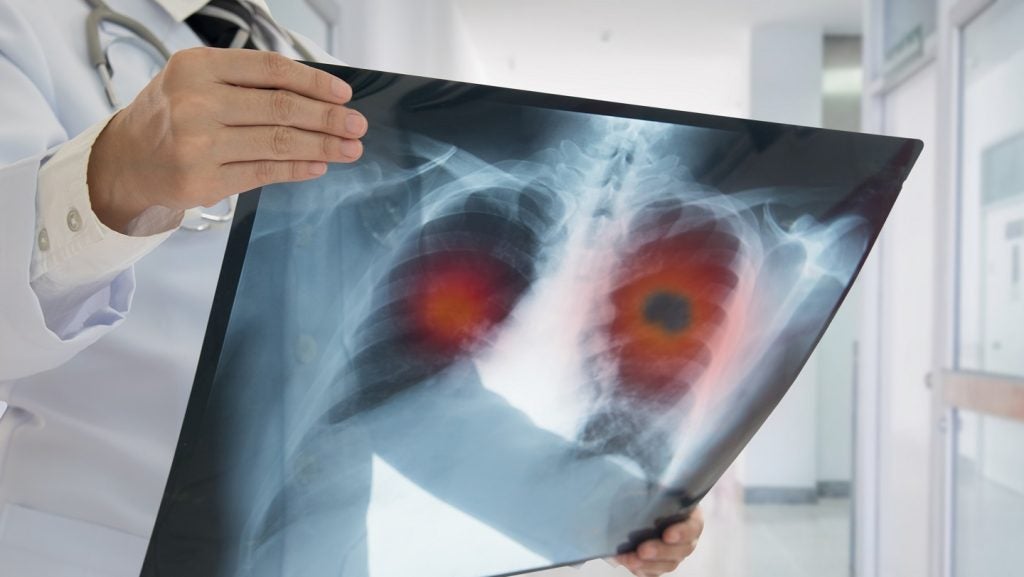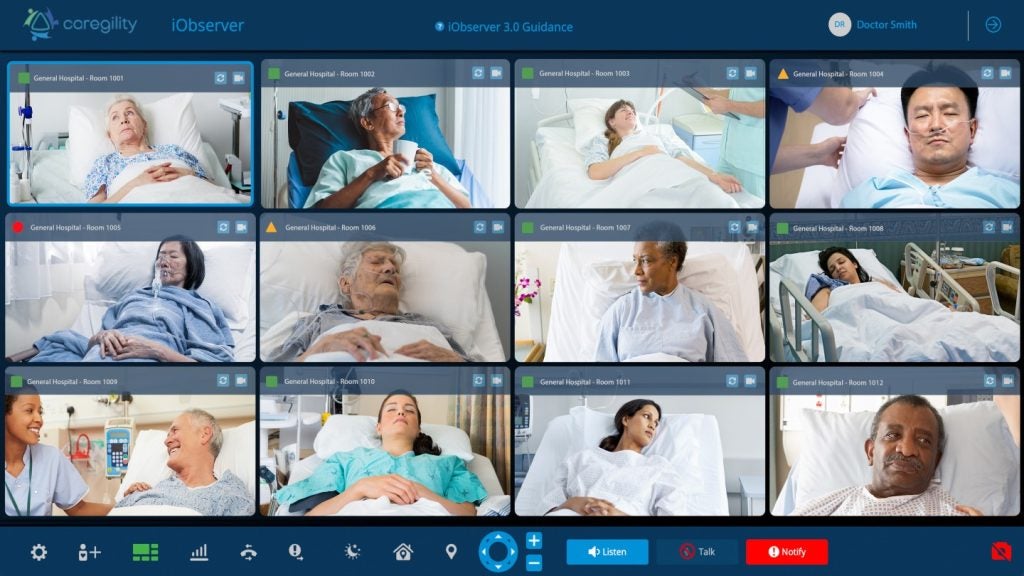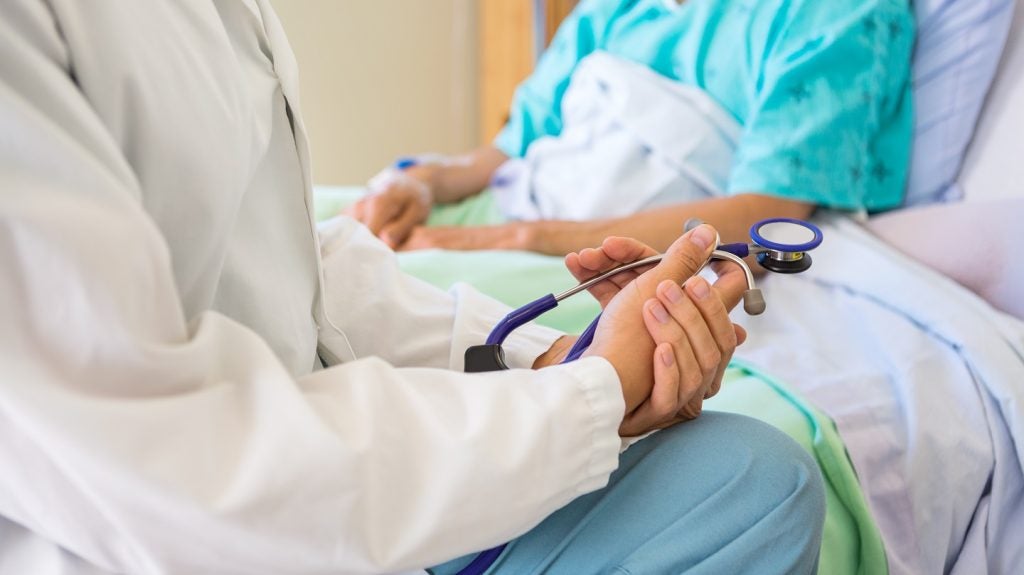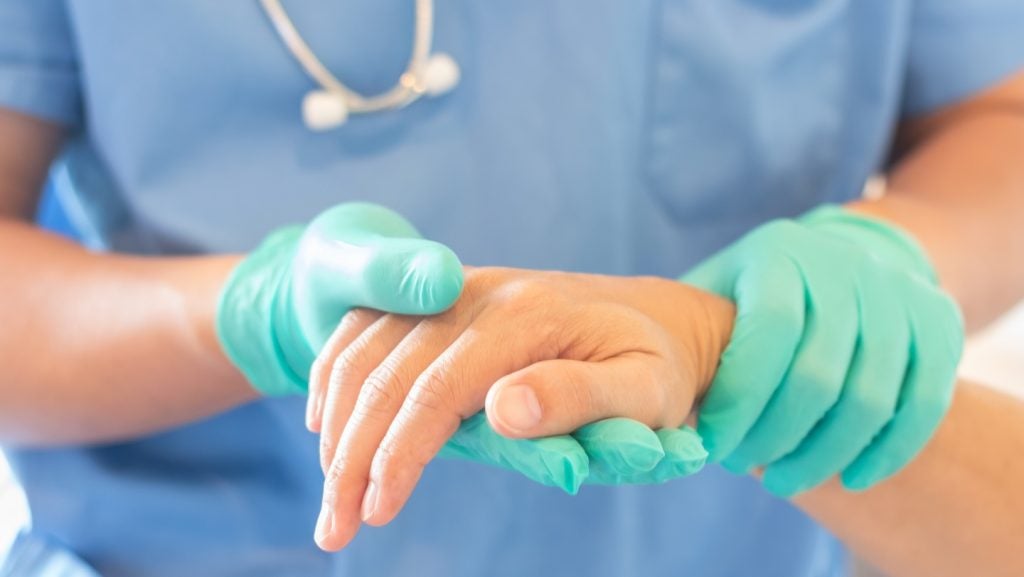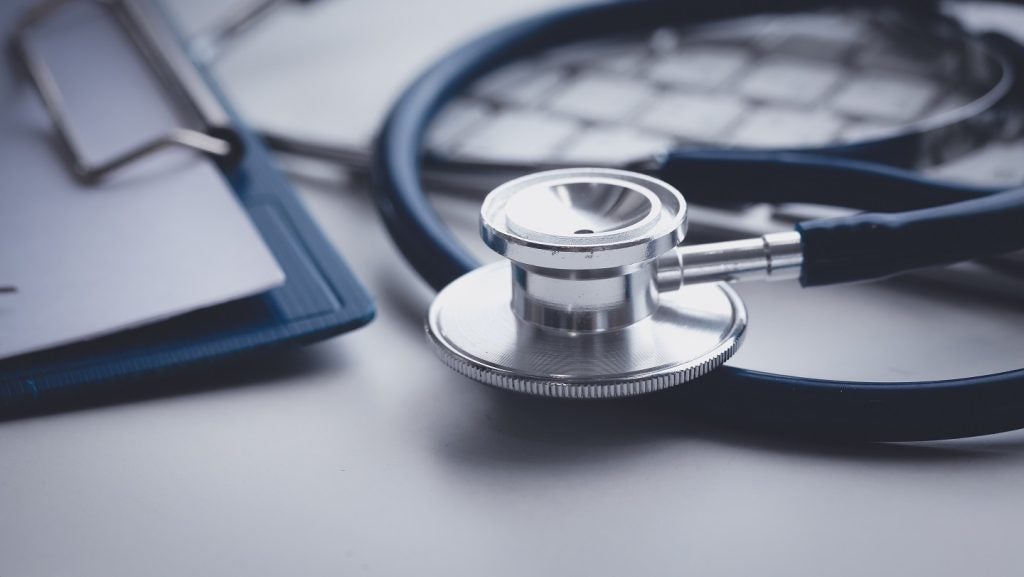The UK Government is allocating £21m ($25.52m) to 64 NHS trusts in England to implement artificial intelligence (AI) tools for the faster diagnosis and treatment of lung cancer.
These AI tools will assist healthcare professionals in analysing X-rays and CT scans and are planned to be in place by winter.
The implementation is intended to increase efficiency and reduce waiting times for patients.
With over 600,000 chest X-rays performed monthly in England, this deployment is also expected to expedite accurate diagnoses.
According to a press statement, the Health and Social Care Secretary hosted a roundtable to discuss AI's integration in healthcare, focusing on reducing waiting lists, easing hospital pressures, automating tasks, and promoting independence in care settings.
AI has already shown improved patient outcomes in stroke networks, such as Brainomix e-Stroke, which speeds up treatment and enhances independence.
The roundtable highlighted safe AI deployment and the Medicines and Healthcare products Regulatory Agency (MHRA) is introducing the AI-Airlock system to facilitate early AI use in NHS settings.
Additionally, a team from the University Hospitals Birmingham NHS Foundation Trust and the University of Birmingham has established international standards for developing AI systems, ensuring the use of diverse and inclusive datasets to address potential biases and enhance transparency.
Previously, the UK Government spent £123m on 86 AI technologies, benefiting patients in various areas, including stroke diagnosis, screening, cardiovascular monitoring, and home-based condition management.
UK Health and Social Care Secretary Steve Barclay said: “We are rolling out more cutting-edge AI technology across the NHS to help with quicker, more accurate diagnosis of lung cancer because patients deserve the best care possible.
“AI is already being used in the NHS to halve treatment times for stroke patients and to assist doctors in analysing brain scans, reducing the time between admission and treatment by more than one hour - saving valuable staff time and improving patient recovery.
“We’re building on this success to make sure lung cancer patients get the support they need when they need it.”


